In 1988, Channel 4 adapted Chris Mullin’s 1982 novel A Very British Coup for television. Although the country was well in the middle of the Thatcher boom at the time, the three-part miniseries harkened back to the 1970s and early 80s and its post-industrial gloom.
Under the last Labour government before Margaret Thatcher came to power, Britain had been plagued by strikes and energy blackouts, culminating in the humiliation of the world’s former superpower requiring a bailout from the IMF.
In Mullin’s story, it wasn’t Thatcher who won the election but the socialist Harry Perkins. The character is loosely based on Tony Benn, the real-world leader of the Labour left.
Perkins (played in the miniseries by Ray McAnally) is determined to make good on his election promises: (re)nationalizing industries, breaking up big media, withdrawing from NATO and scrapping Britain’s nuclear deterrent. His program spooks the British establishment. Spymasters, business tycoons and career civil servants conspire to bring Perkins down.
The conspiracy echoes suspicions that figures in what we would now call the “deep state” — the intelligence services, the military, possibly the Royal Family — plotted a coup against Labour prime minister Harold Wilson.
Allegedly, it was Cecil King, the owner of the Daily Mirror, who got the ball rolling when he suggested to Lord Louis Mountbatten, the last viceroy of India and chief of the Defense Staff, in 1968 that Wilson ought to be removed and replaced with someone who could command wide respect at home and abroad. Someone like Mountbatten.
Mountbatten rejected the proposal out of hand, calling it treason. King’s own editors at the Daily Mirror refused to run an editorial calling for Wilson’s ouster. There is no evidence anything more came of the plot, however, Marcia Williams, a senior aide to Wilson, later claimed that a 1974 Army exercise at Heathrow Airport was in fact a show of force and an exercise for a putsch.
A Very British Coup does a good job showing how a soft coup could be carried out — without violence. The head of MI5 conspires with top bureaucrats, a Cecil King-like media magnate and the government of the United States to discredit Perkins and force him to resign.
Perkins isn’t portrayed as a fanatical socialist in thrall to Moscow. Nor do we see his antagonists scheming in smoky rooms. By avoiding such stereotypes, the story can feel almost too real.

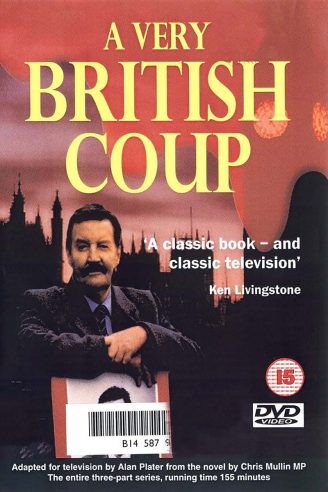
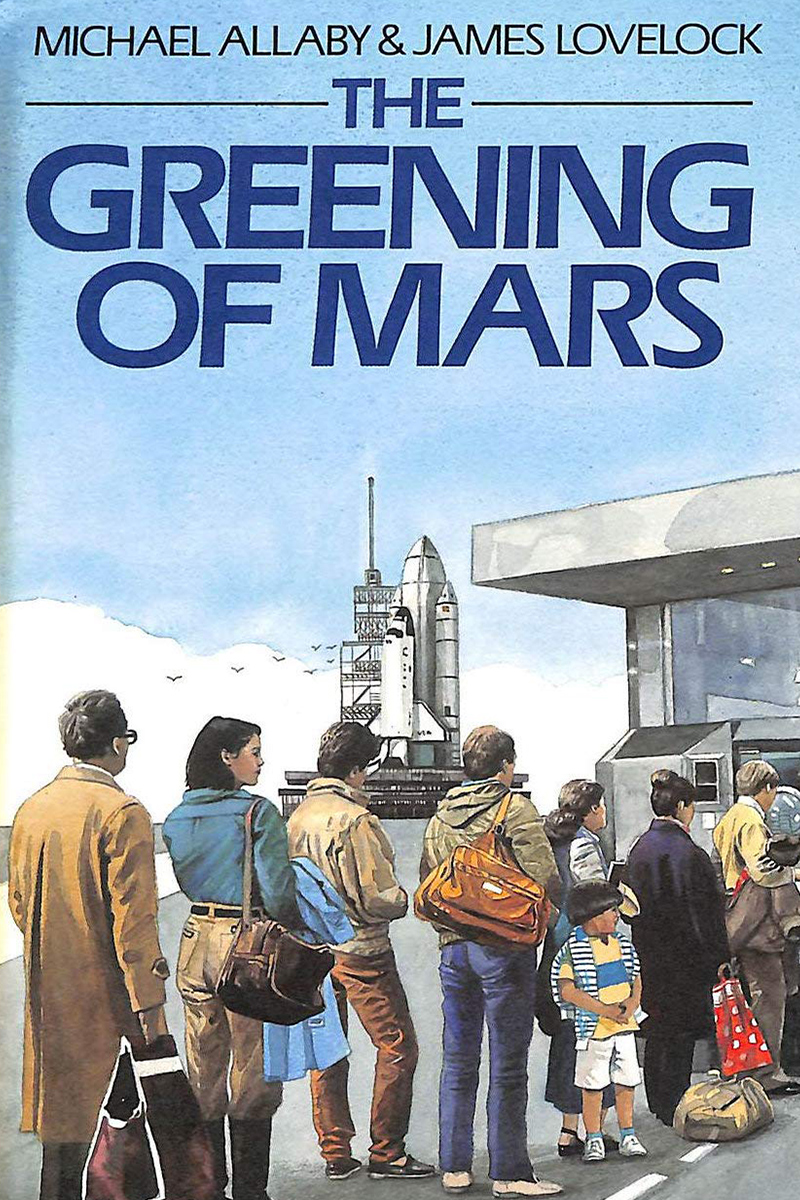
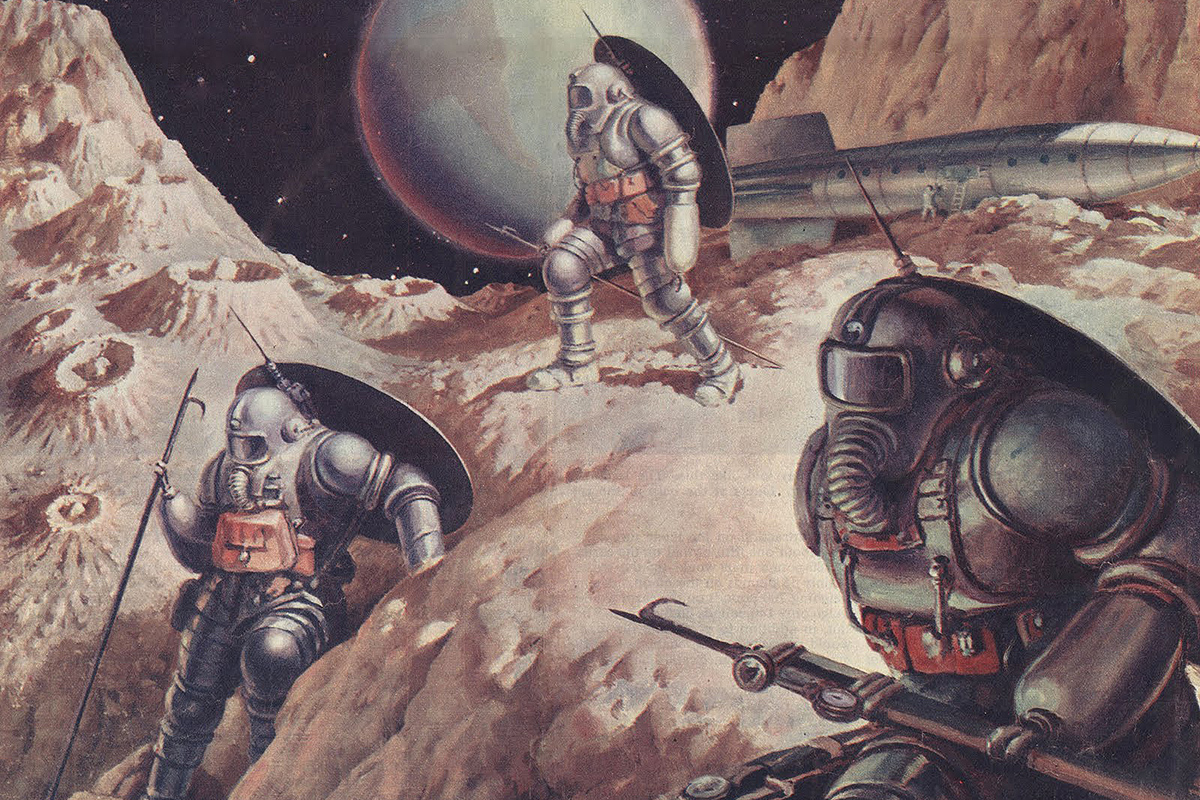
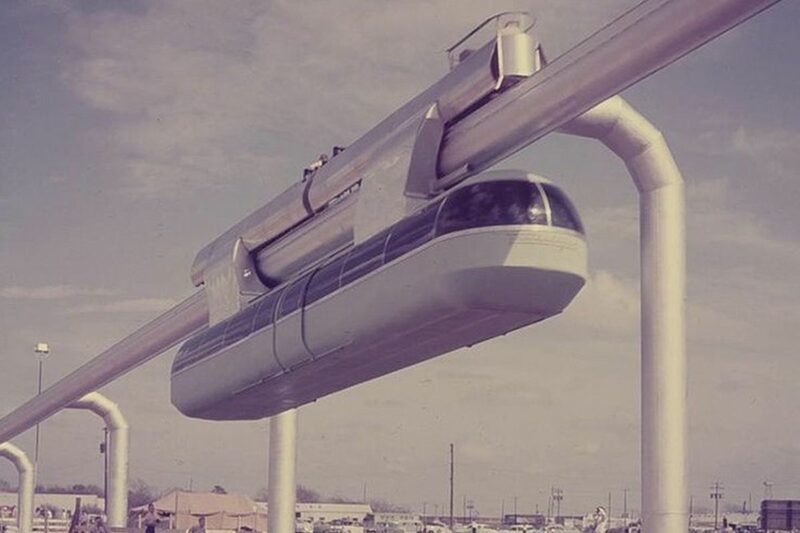
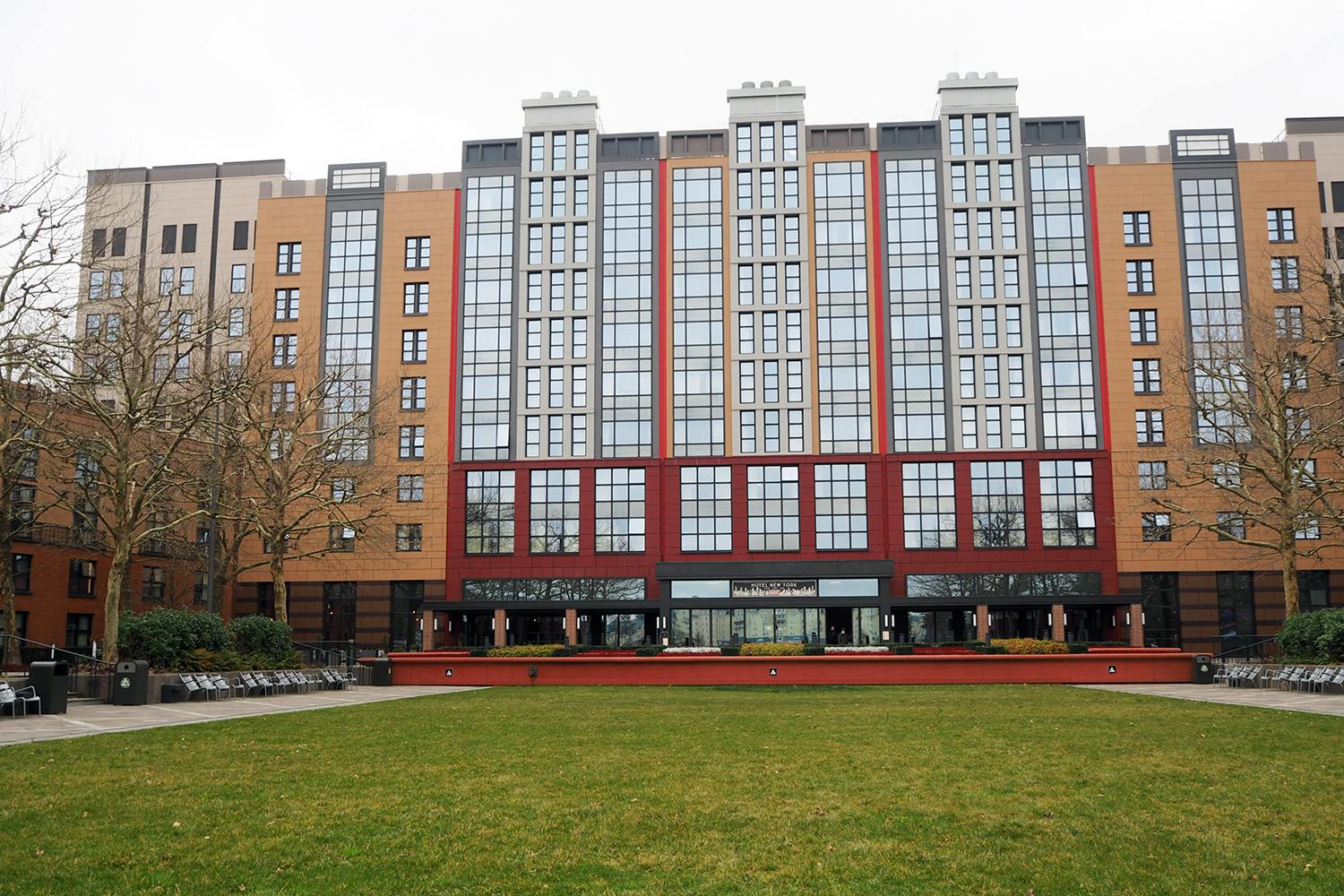
1 Comment
Add YoursAbsolutely brilliant series with some great lines. When travelling by train Perkins is asked if he will abolish 1st Class train travel and he says, ‘no, I’ll abolish 2nd Class, don’t we all deserve to travel in the best?’ Though the series feels very 1980s, it is still engaging and seems current. Jeremy Corbyn, an Islington intellectual, is a long way from Harry Perkins but if Alan Johnson had become leader of the Labour Party, there would have been many more parallels, especially with a Reaganite politician in the White House.
There has been more evidence down the years that some kind of move was planned in Britain in the late 1960s and again in the mid-1970s. I have spoken to an army officer from the time when researching for an alternate history and he said he had been asked ‘Queen or government?’ as senior staff were gauging those in the military who might oppose the government. Interestingly, Lord Lucan may have also been involved in the plot and Lord Mountbatten’s assassin was not a regular member of the IRA so there is a lot for speculation to feed on.
I wrote a story, ‘A New Era’, set in 1975, envisaging a successful coup, in my book ‘Route Diverted: What If? Stories of the British’. However, Mountbatten was probably not the best man to head the coup anyway. For a start, he seems to have believed in a united Ireland which ran counter to one of the central tenets of the conspirators.